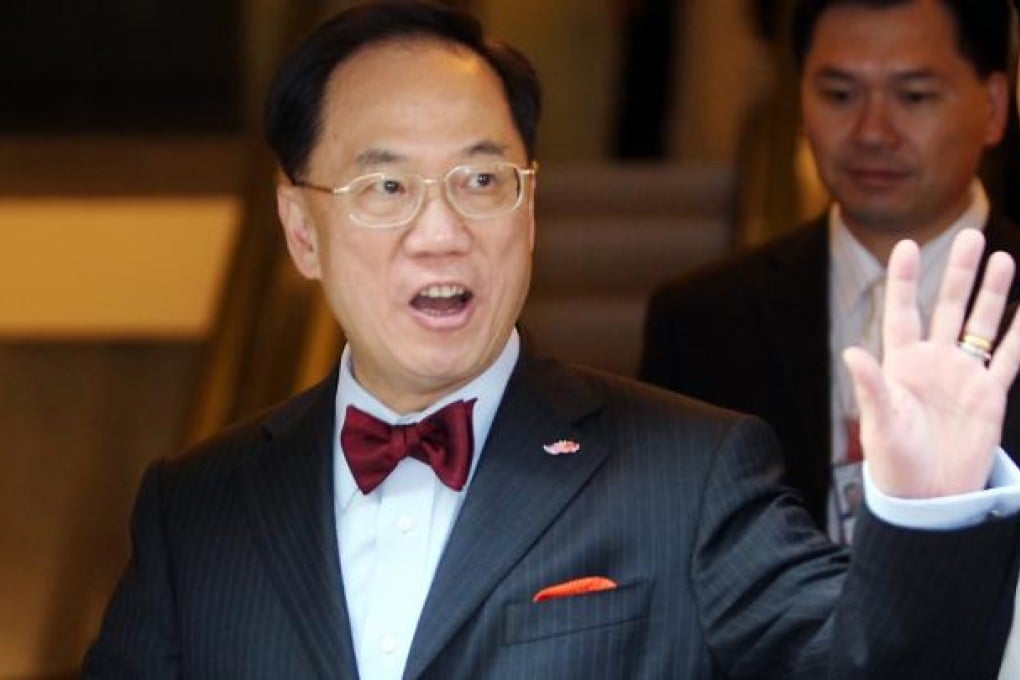Beijing 'did not want precedent'
Insiders say this is why Donald Tsang was not appointed to the top advisory body

Beijing's unwillingness to set a precedent to have every former SAR chief executive take up the vice-chairmanship of the nation's top advisory body could be the reason Donald Tsang Yam-kuen was denied the post, insiders said.
In Beijing, Chinese People's Political Consultative Conference standing committee member Chan Wing-kee, who has seen the proposed list of members who will serve for the next five-year term, said immediate past chief executive Tsang was not named as a member while his predecessor Tung Chee-hwa would retain his top post.
"Tung will certainly remain a CPPCC vice-chairman. It could be too much if two of the CPPCC vice-chairmen came from Hong Kong," Chan said. "Another reason may be that [Beijing] does not want to set a precedent, that every former Hong Kong chief executive can become a CPPCC vice-chairman."
He said Tung, in his position, had contributed to the nation by, for example, promoting international diplomacy and it could be why he had retained his post. Ng Hong-mun, a former local deputy to the National People's Congress, shared Chan's view.
CPPCC member Lee Kok-keung also echoed the view that the central government did not want to set a precedent.
But he believed Beijing was not concerned about having more than one CPPCC vice-chairman from Hong Kong.